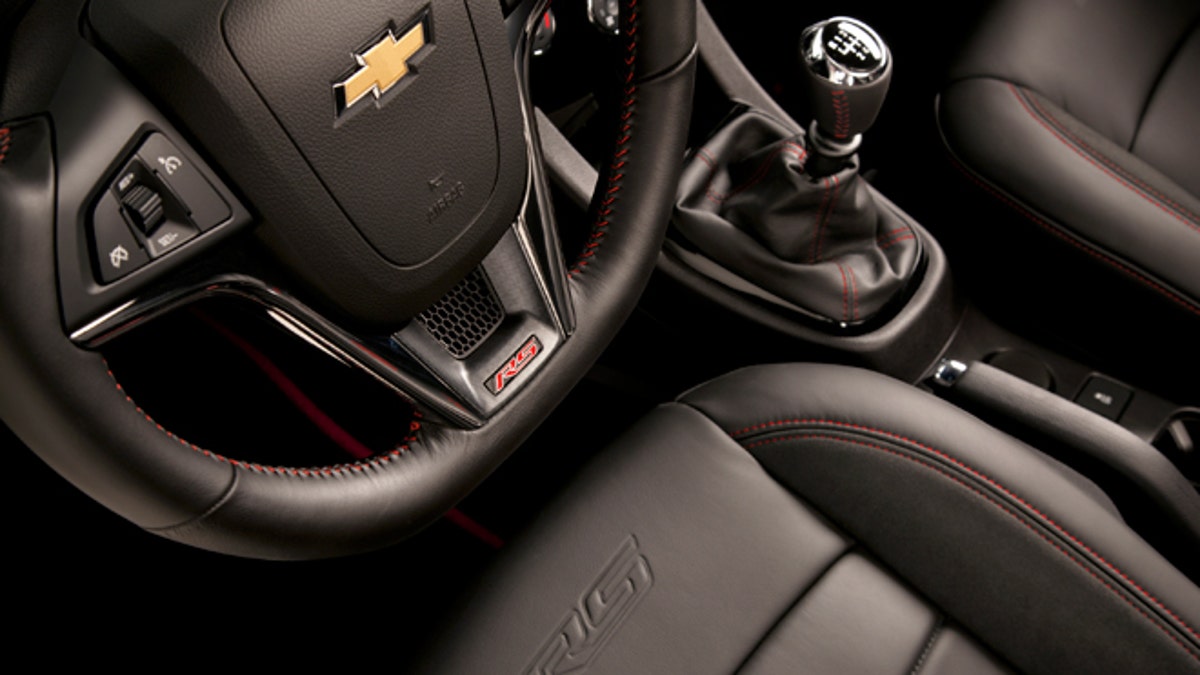
(GM)
Go to any given dealership with 100 new cars.
On average, just four of the 2012 models will have manual gearboxes.
The trend of the vanishing third pedal is nothing new, notes The Detroit News.
Even a decade ago, just 8.5 percent of 2002 models were manuals. The paper’s own automotive reporter even confesses she never learned to drive a stick shift until it essentially became a job requirement.
It’s more than a little contradictory to automotive reviews (including many you’ll read here) extolling the pleasure of enthusiastic driving with a true manual gearbox. Likewise, purists gravitate to manuals for tackling their favorite twisting road or occasional track day. It’s the original form of in-car connectivity.
Read: 10 fuel sipping classics
But everyday life for most isn’t about testing new cars on tracks or winding highways. It’s stop-and-go commuting and running errands; pretty mundane stuff by comparison. One serious traffic jam can numb the left legs of manual drivers and give cause to reconsider.
What was once derided as the slushbox has seen major improvements in efficiency, performance and weight; all were former advantages of manuals. Yet a 2013 Ford Mustang with a V-6 and six-speed manual can’t match the fuel efficiency of the same car with a six-speed automatic.
Manufacturers like BMW, Ferrari, Mercedes and Porsche have implemented race technology into their road cars and actively promote their automatics as the performance advantage.
Then there’s the overachieving Nissan GT-R. It doesn’t even offer a manual gearbox, period.
But don’t believe the clutch pedal is going the way of the headlight dimmer that used to reside on the floor alongside it. At least not yet.
Cars like the 2012 Ford Focus beat take-rate expectations for the manual gearbox, now forecast to close in on 10 percent of sales. The Fiat 500 Abarth and Volkswagen Golf R versions destined for the US get manual transmissions only. It echoes Ford spokesman Chris Terry’s thoughts that some drivers don’t consider their cars appliances and want to actively remain in control “to the absolute greatest degree possible.”
Those of us who fall into that camp seem to be dwindling based on sales figures, but sore left legs are becoming less common also.